
1. TESTING PERFUMES: Don't plan on testing more than 5 perfumes within a few hours, as your nose will suffer smell fatigue. Spray the perfume on paper, and notate the scent's name so that you can smell the papers later at home. Stores like Bergdorf Goodman typically have a tin of coffee beans to inhale between sniffs, and you can always bring a bag of coffee in your purse to cleanse the palette between inhalations. Spray your favorite of the group on your skin to observe how the scent evolves over the next couple hours.
A perfume has 3 evolutions: top notes, middle, and bottom notes. The top notes- which we usually judge perfumes by- only last 15-20 minutes before transforming into their more complex aromas, so resist the urge to make a hasty decision. Most counters will spray a sample of the fragrance into a little vial that you can take home and deliberate over later.
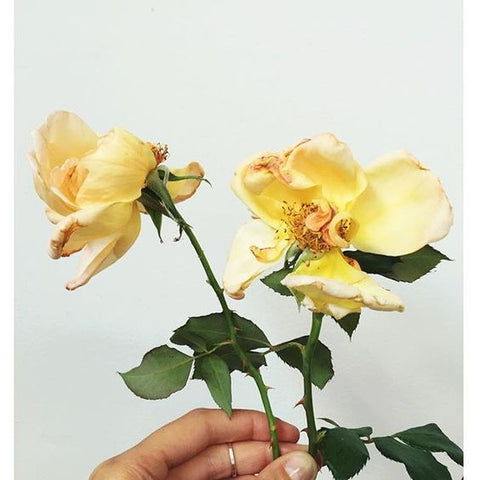
2. STORAGE: A perfume protected from sunlight will last two hundred years, but leave a bottle of perfume in the sun for a week and it's ruined. Here's why: "Visible light consists of photons with energy high enough to break chemical bonds...[perfume] absorbs light. A perfume kept in bright sunlight may be photochemically toasted in as little as a week." - Luca Turin from Perfumes the Guide
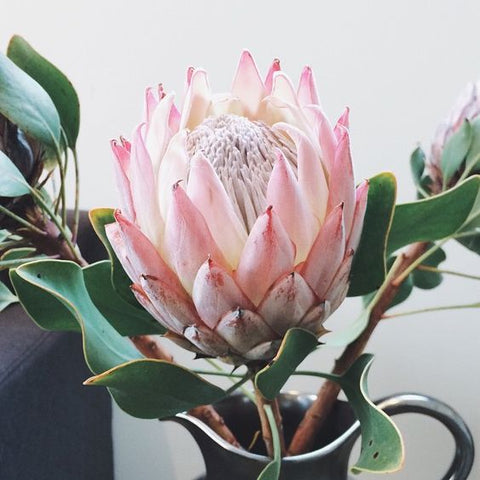
3. ANIMAL INGREDIENTS: Many perfumes historically used animal byproducts. Synthetic equivalents are now much cheaper, and consequently have nearly completely replaced musk, civet, ambergris, etc. in modern perfumery. Animal ingredients are so expensive and rare that you'll be aware of their inclusion through both the price tag and the marketing.
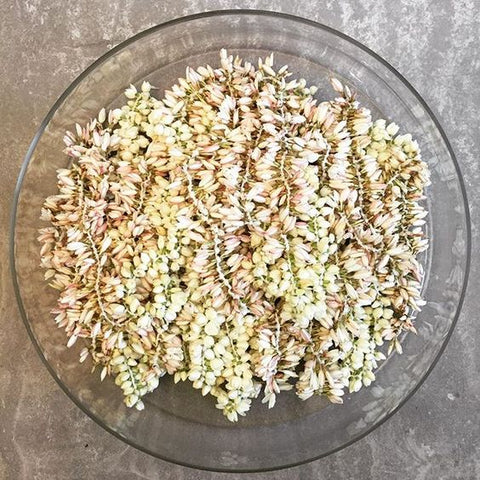
4. NATURAL VS. SYNTHETIC FRAGRANCES: There are a few voices who preach using only perfumes with 100% natural ingredients. However, most expert perfumers believe ideal fragrance is composed of both natural and synthetic ingredients. Do not assume that all natural perfumes are by default better for you: natural compounds can be toxic too, and you could just as likely suffer an allergy to a plant than to an aromachemical. All natural fragrances are also not necessarily better for the environment; for instance, Mysore Sandalwood is endangered because of its inclusion in perfume.
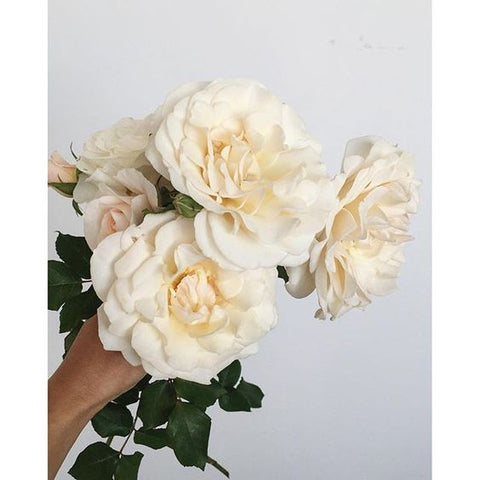
5. SMELL INTERPRETATION: Some us of worry that what we consider to be a lovely fragrance will smell awful to our significant other or co-workers. That could happen, but it's not because you will smell it differently, it's because you'll react to the same smell in unique ways. It's like going to a movie together and leaving with opposing reactions. According to biophysicist, chemist, our Fragrance King Luca Turin, "Mostly, we don't smell things differently--we interpret and describe things differently...For the most part, the raw data you get are mostly the same as everyone else's, but the interpretation your mind makes (would you describe it as nice? nasty? a bit like soap? lemons? candy? floor wax) may make it seem otherwise."
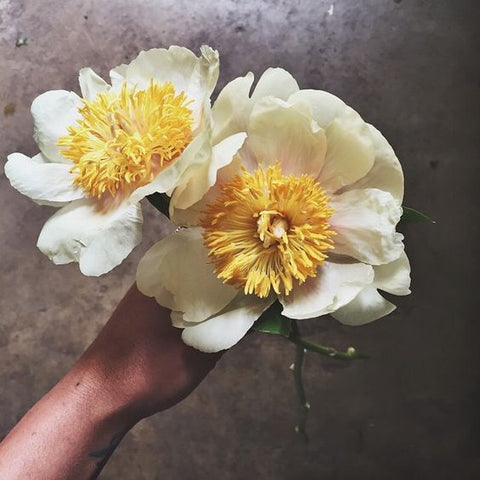
For more information about perfume, check out Luca Turin and his wife Tania Sanchez's excellent book Perfumes: The A-Z Guide.
